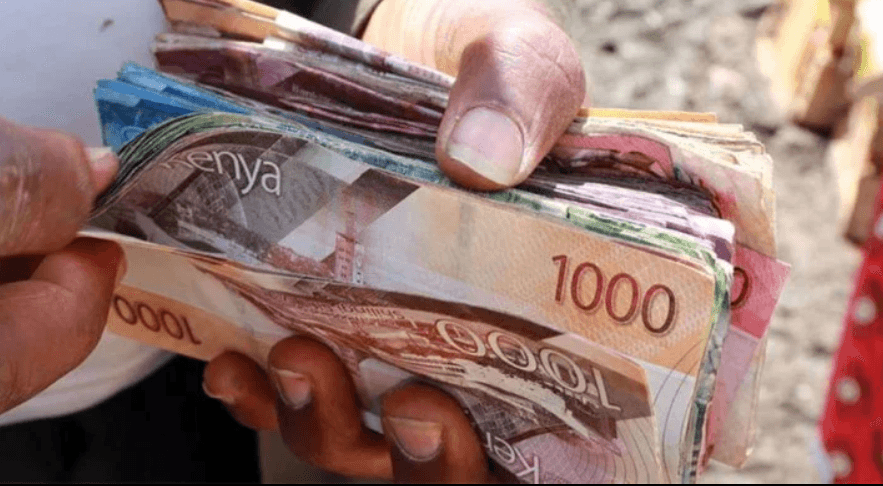
 Officers recovered 65 pandrol clips concealed inside a house in the area.
Officers recovered 65 pandrol clips concealed inside a house in the area.Two suspects have been arrested in Lugari subcounty following a joint intelligence-led operation targeting vandals behind the destruction of railway infrastructure.
The operation was mounted by officers from Bungoma Railways, Kipkaren Railways Patrol Base, and the Kenya Railways Corporation (KRC) security unit.
During the raid, officers recovered 65 pandrol clips concealed inside a house in the area.
Following a brief interrogation, one of the suspects implicated an accomplice said to have been transporting the vandalised materials to an undisclosed dealer.
The second suspect was later apprehended at his residence in Mwamba, Lugari.
The duo is currently being held at Bungoma Central police station pending arraignment.
Security agencies said investigations are ongoing to trace the final recipients of the stolen items and recover additional infrastructure believed to have been tampered with.
Authorities have reiterated that railway vandalism is a serious offence under Kenyan law, warning that individuals found engaging in such acts will face arrest, prosecution, and stiff penalties.
Vandalism of critical infrastructure is considered a grave crime in Kenya.
In January 2022, former President Uhuru Kenyatta cautioned that those found culpable of destroying vital development infrastructure could be charged with treason, describing the practice as a form of economic sabotage capable of crippling national activities.
“The law is clear that these are acts of economic sabotage, which falls as a treasonable act and the law is clear as to how you deal with treasonable acts and people who plunge the country into chaos for their own selfish needs," he said.
While Section 40 of the Penal Code stipulates that treason involves attempts to harm or restrain the President or unlawfully overthrow the government, vandalism is primarily prosecuted under Section 339 of the Penal Code (CAP 63), which criminalises the wilful and unlawful destruction of property.
The section prescribes imprisonment of up to five years or other penalties depending on the nature of the offence.
Additionally, more recent legislation, such as the Energy Act of 2019, introduced stricter measures to safeguard critical infrastructure.
Under the Act, convicted individuals face penalties of up to Sh10 million in fines, imprisonment for up to ten years, or both.

















